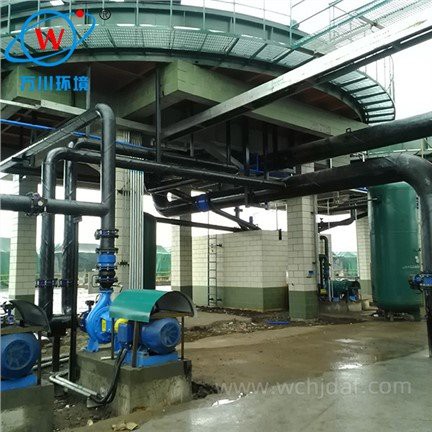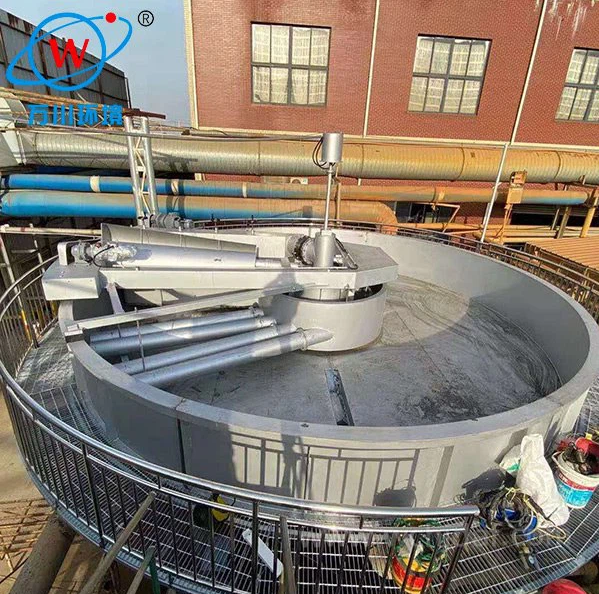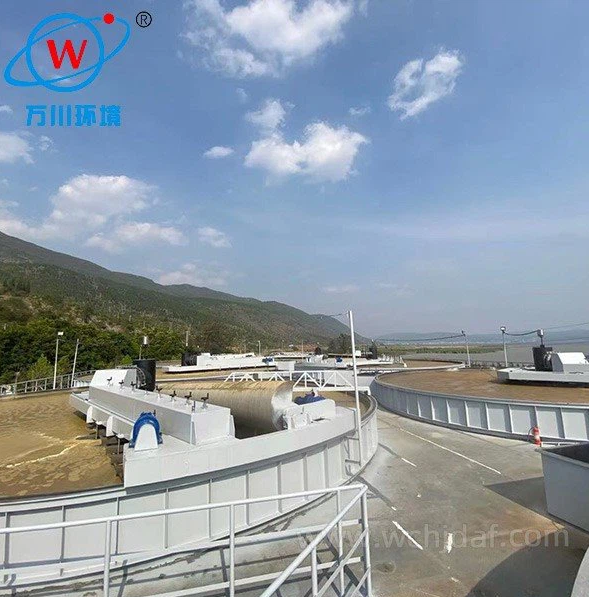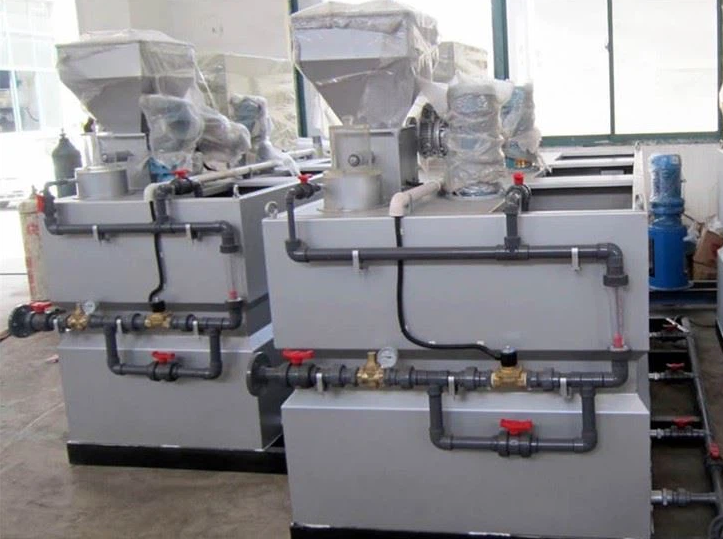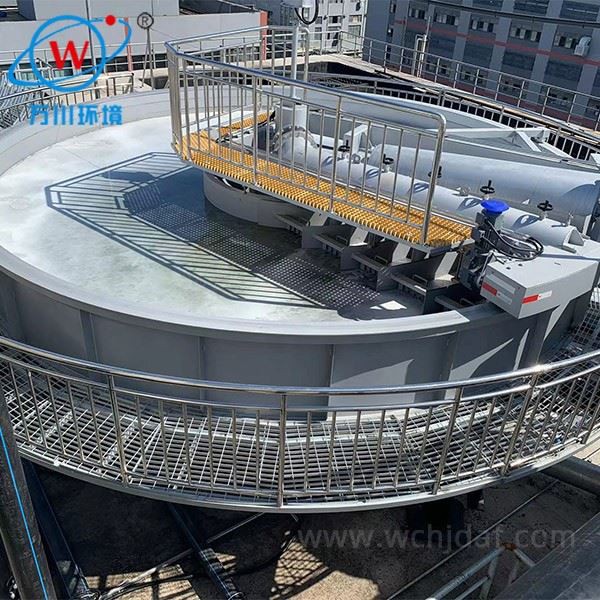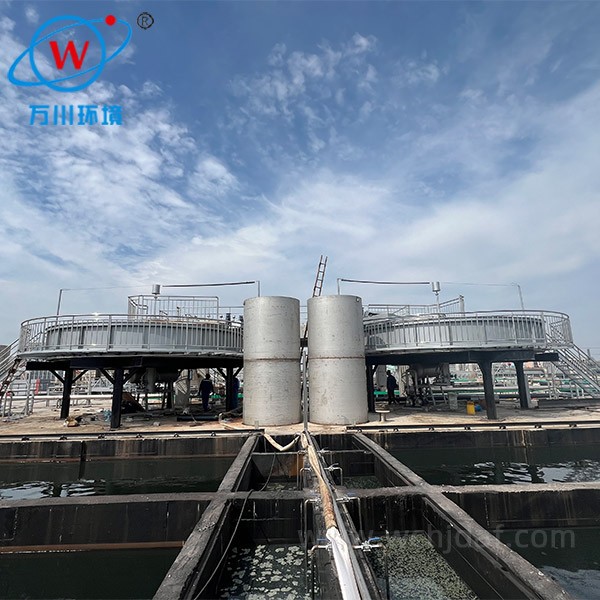Experimental Air Flotation Operating Cost Optimization
The operating cost of Experimental Air Flotation needs to be comprehensively implemented from multiple dimensions such as equipment optimization, process control, and resource recycling. Specifically, it can be started from the following aspects:
- Optimizing the energy consumption structure is the core. In the air flotation system, the energy consumption of equipment such as dissolved air pumps and air compressors accounts for a high proportion. By switching to high-efficiency frequency conversion equipment, the power can be adjusted in real time according to water quality to reduce ineffective energy consumption; at the same time, low-energy nano bubble generation technology is developed to reduce the energy consumption per unit of processing volume by using the high adsorption efficiency of micro-nano bubbles. In addition, combined with clean energy such as solar energy and wind energy, it is especially suitable for outdoor small experimental devices, which can significantly reduce electricity expenses in the long term.
- Reducing the consumption of reagents can effectively control costs. Through experiments, the types and dosages of flocculants and coagulants are optimized, and statistical tools such as response surface methodology are used to accurately determine the optimal ratio to avoid excessive dosage. We explore non-agent flotation processes, such as using electrolysis to generate microbubbles to separate pollutants, or enhancing the natural adsorption capacity of bubbles and particles through pretreatment to reduce dependence on chemical agents from the source.
- Equipment maintenance and resource recycling cannot be ignored. Regularly clean and maintain dissolved air releasers, pipelines, etc. to reduce efficiency decline and maintenance costs caused by blockage; for the scum produced by the experiment, the grease, valuable metals and other resources can be recovered through dehydration, drying and other processes, turning waste into treasure to offset part of the operating costs.
- Intelligent management can improve efficiency. Introduce sensors to monitor parameters such as turbidity and bubble density in real time, and automatically adjust operating conditions in combination with algorithms to avoid resource waste caused by manual operation deviations. At the same time, optimize the operation plan through data accumulation to achieve long-term cost reduction.

